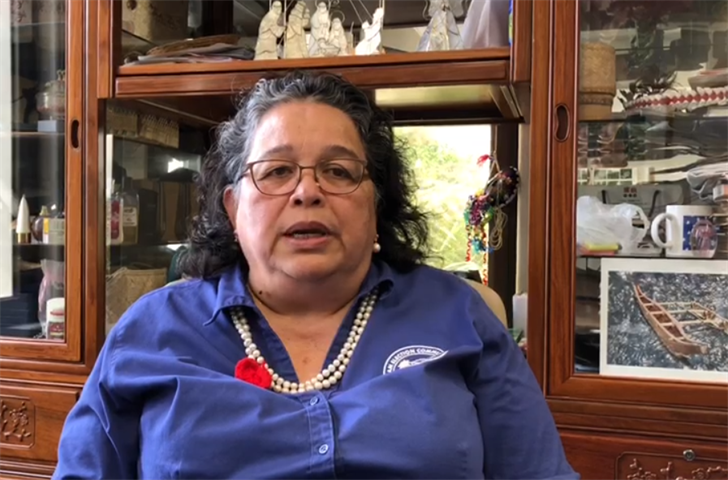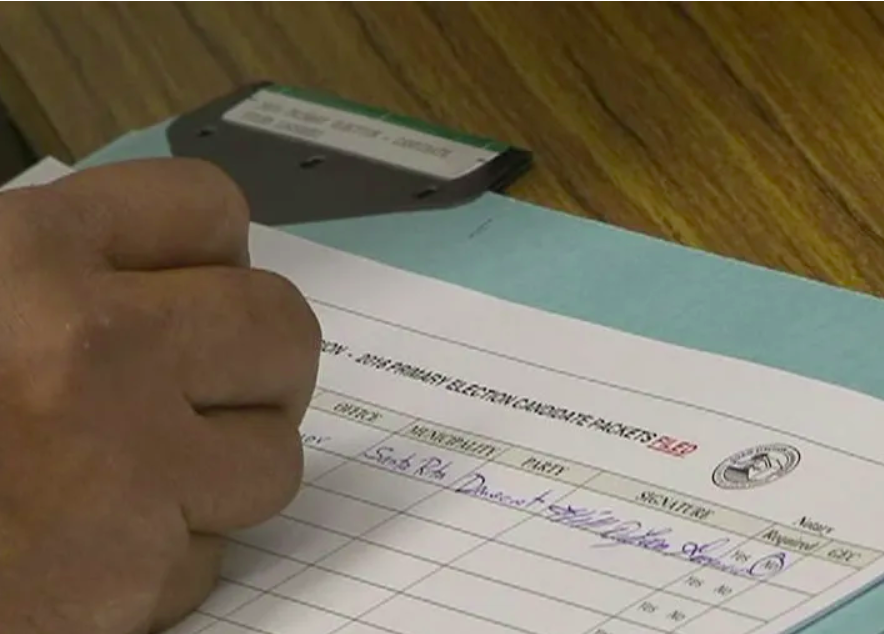Curious inclusions inside election reform bill

The Guam Election Commission says it gave its input into an election reform bill that has been introduced in the legislature - but the GEC says senators added their two cents to the measure. Those parts of the bill may spark the most controversy.
Bill 246 proposes 18 pages of election reforms. Some parts of the bill seem trivial - it amends section 3 of existing law, for example, does away with the need for school board candidates to submit nominating petitions.
The bill is sponsored by GEC oversight chair Sen. Joe San Agustin, Speaker Tina Muna Barnes and Sen. Jose Pedo Terlaje.
One of the bigger changes proposed in the bill - it would bar candidates who lose in the primary election from being write-in candidates in the general election.
In the 2018 election, the gubernatorial team of Frank Aguon and Alicia Limtiaco pursued a write-in campaign after losing to Lou Leon Guerrero and Josh Tenorio in the primary election. We asked GEC Executive Director Maria Pangelinan if this was the GEC's idea.

"That I believe, that we didn't, the GEC did not touch that part of the bill," she said. "Although we did provide some information with regard to what can be, what can be implemented. I believe that was the senators office, the commission as a whole they don't get involved with other than the technical aspects of the code."
The measure also adds a new section to existing election law - and this section appears to directly address the controversy surrounding Guam's delegate to congress. Guam Del. Michael San Nicolas is currently under investigation by the House ethics committee for allegations he is having an affair with a staffer, converted campaign funds for personal use and accepted over the limit donations for his campaign. Bill 246 adds a section that deals with a "special election to fill a vacancy in the office of the delegate" that shall fall on a Saturday 60 days after a vacancy is declared in the office of the delegate. The section reads that there will be no primary for this special election and that the highest vote-getter shall be certified by the GEC as elected.
Pangelinan said this section was not the GEC's idea.
"That again was out of the senator's office that the GEC did not recommend or did not address that section of the bill," she said.
The measure also creates a special fund for the GEC that can't be touched by the governor's transfer authority. The "GEC revolving fund" will be funded by monies collected by the GEC from filing fees and fines.
The fund would be used for supporting the functions and expenses of the GEC.
And speaking of fees, the measure also jacks up the filing fees for anyone who wants to seek elected office. Right now, if you wanted to run for senator or governor - the filing fee is $100 for each office. But Bill 246 raises filing fees for senator to $500 and fees to run for governor/lieutenant governor to $1,000. Pangelinan said since fees can be paid with campaign funds, this shouldn't be a barrier for lower-income candidates.

"You know that has not been changed for many years," Pangelinan said.
The measure would also change residency requirements for mayoral candidates, change voter registration deadlines from 10 days before an election to 20 days and also make general election day a holiday - Pangelinan says that was GEC's idea.
We asked Pangelinan if changes made to the bill by senators would affect the GEC's support of it.
"You know, I cannot speak to that," she said. "Our meeting is this Thursday. It would be up to the commission what the testimony will be at the public hearing."

